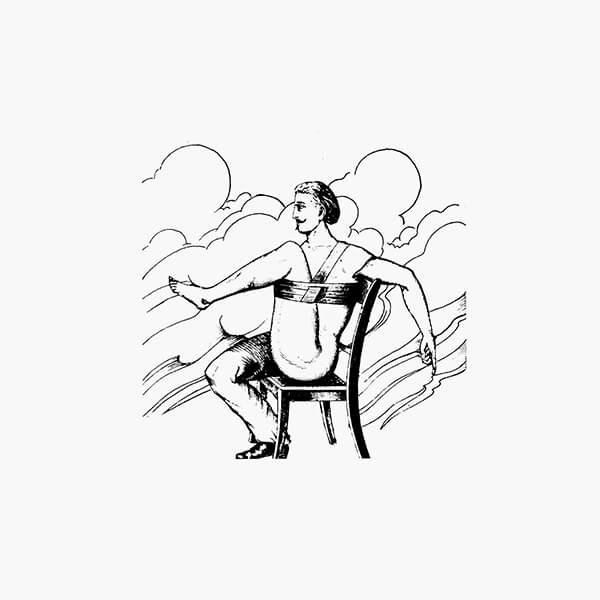



























Finimondi
John Martin 1789-1854
Perché ci attrae la fine delle cose? Perché più nessuno canta l’aurora, e non v’è chi non canti l’occaso? Perché ci attrae più la caduta di Troia che le vicissitudini degli achei? Perché preferiamo l’Inferno della Commedia al Paradiso? Perché, fra tutti i personaggi della Commedia, Ulisse è forse il più memorabile? Perché, istintivamente, pensiamo alla sconfitta di Waterloo e non alla vittoria? Perché la morte possiede una dignità che la nascita dell’uomo non possiede? Perché si individua la fine di un’epoca con la caduta di Costantinopoli? Perché la tragedia gode di un rispetto che la commedia non ottiene? Perché sentiamo che il lieto fine è sempre fittizio? Perché i vinti sono, per la memoria, i vincitori? Perché la morte violenta è ora così facile? Perché pensiamo all’agonia e non alla resurrezione? […] Si direbbe che l’epoca
nostra è capace solo della tragedia e dell’elegia. L’incubo è assai più attraente del sogno.